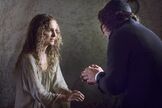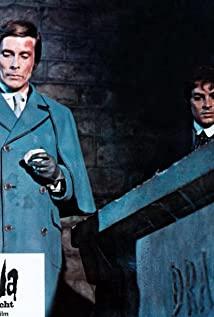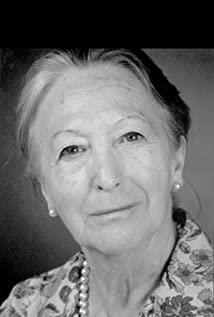I think this name is not difficult to understand... The name should be derived from the latter part of Goya telling Lorenzo that he could not forget the face of Ines, (ghost, the original meaning is ghost, that is, the soul of the dead, in his lifetime The appearance of the ghost reappears in the world. The ghost usually has no fixed shape, generally invisible to the naked eye, and can only be seen under certain circumstances) Her face exists in all his paintings, she is young When she is beautiful, when she is old and ugly... Ines is the soul of those paintings. Even if Ines disappears for more than ten years, she is still a lingering soul in his head. Like many people, she has been affected by the war of the church nobles. Hurt...is an angel who suffered in hell on earth. Her fate also exists in Goya's paintings depicting hell and heaven. Goya's painting style has undergone several major changes, and it is also under the influence of these turbulent and cruel things. In Goya's paintings, she is a ubiquitous ghost. There are other reasons, but I'm too lazy to think about it~ The main one is this
one I don't understand... The king and Goya talk about art, this plot It should be very important but I don't understand... The details of this movie are really worth studying, each plot has a special meaning
In the movie, there is a high hat and a change in the church. The Spaniards are waiting to be ruled by one ruler after another. After the execution The situation... The history of all countries is similar... History is just the history of human development and human nature is the same
View more about
Goya's Ghosts reviews











